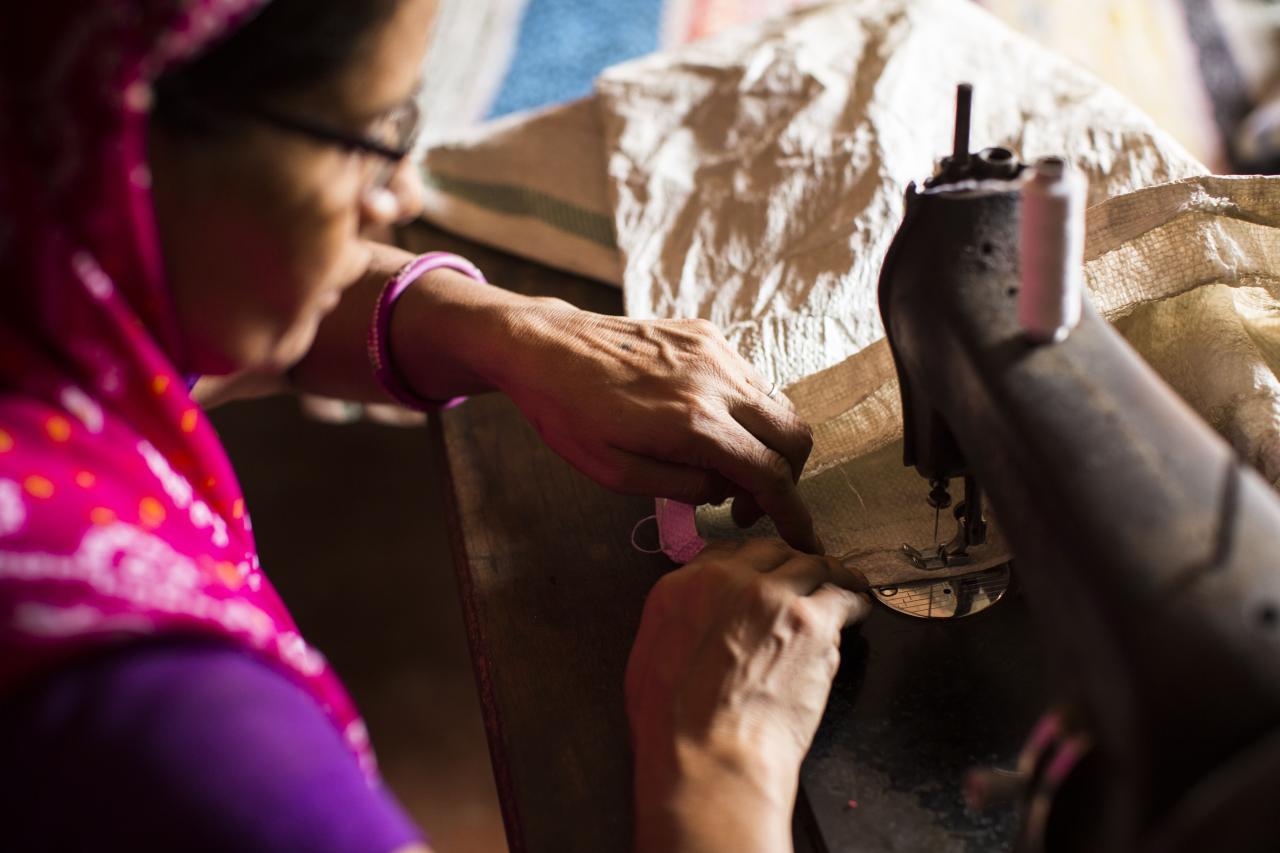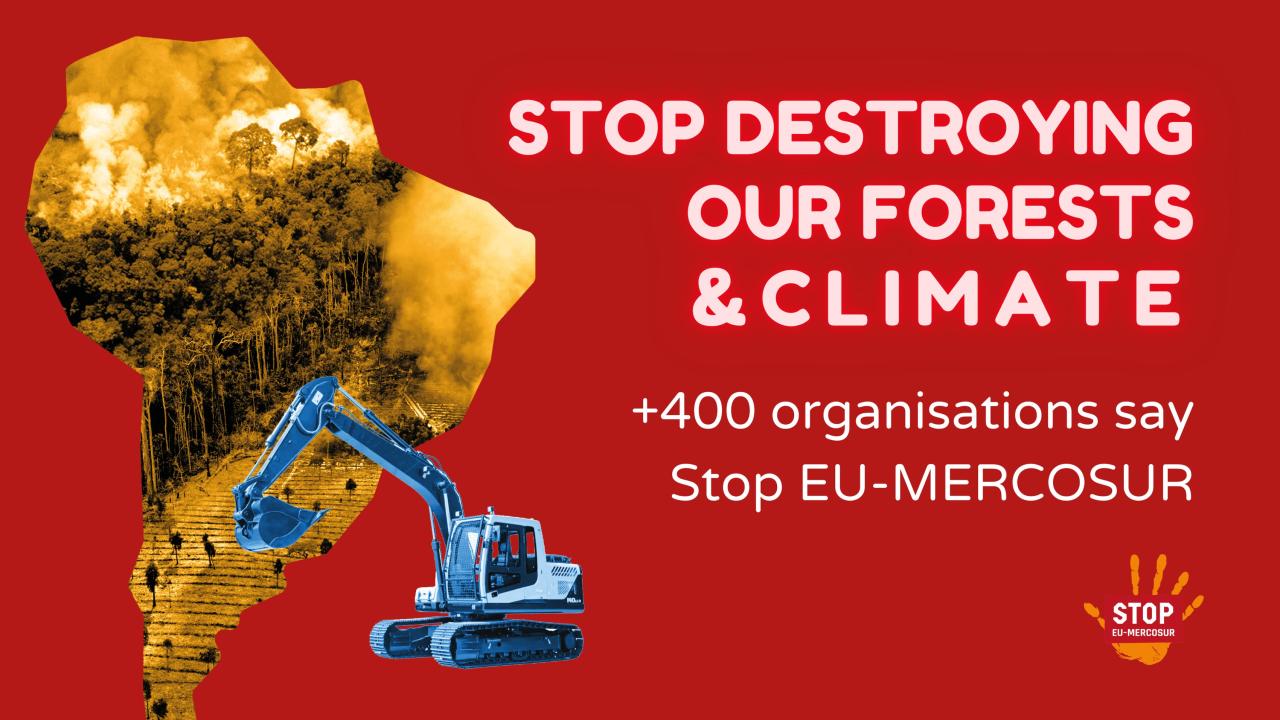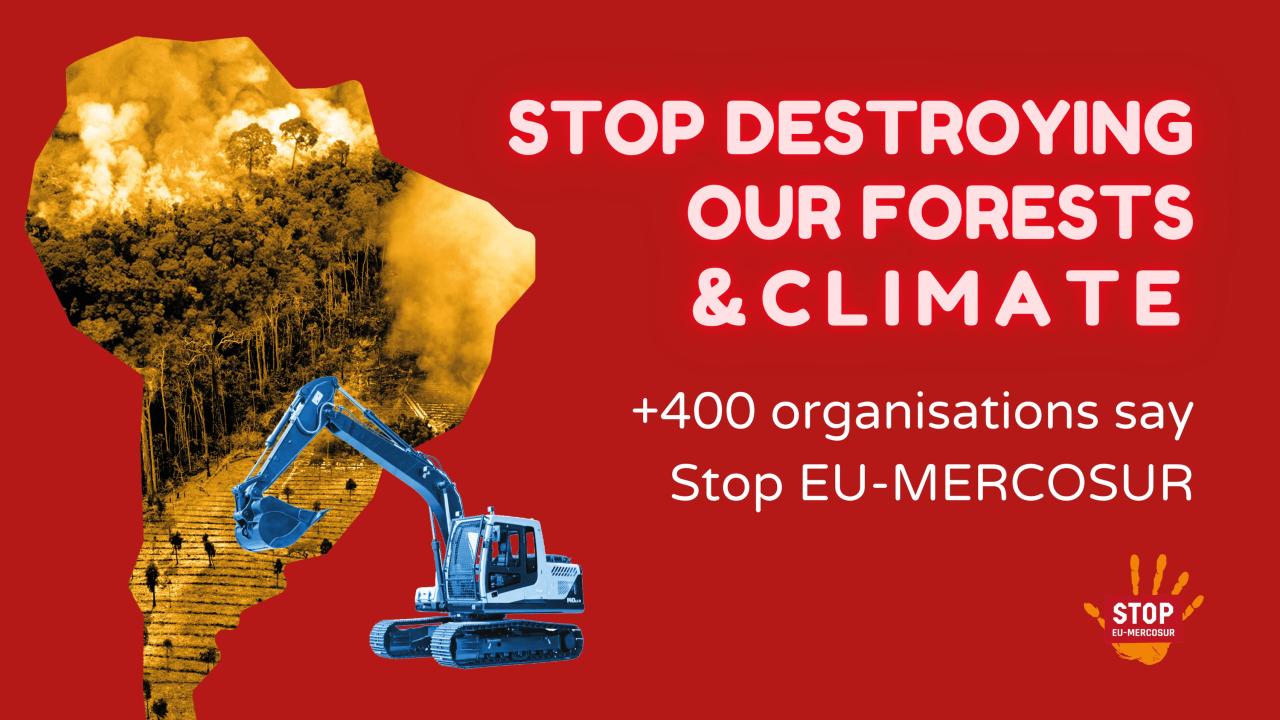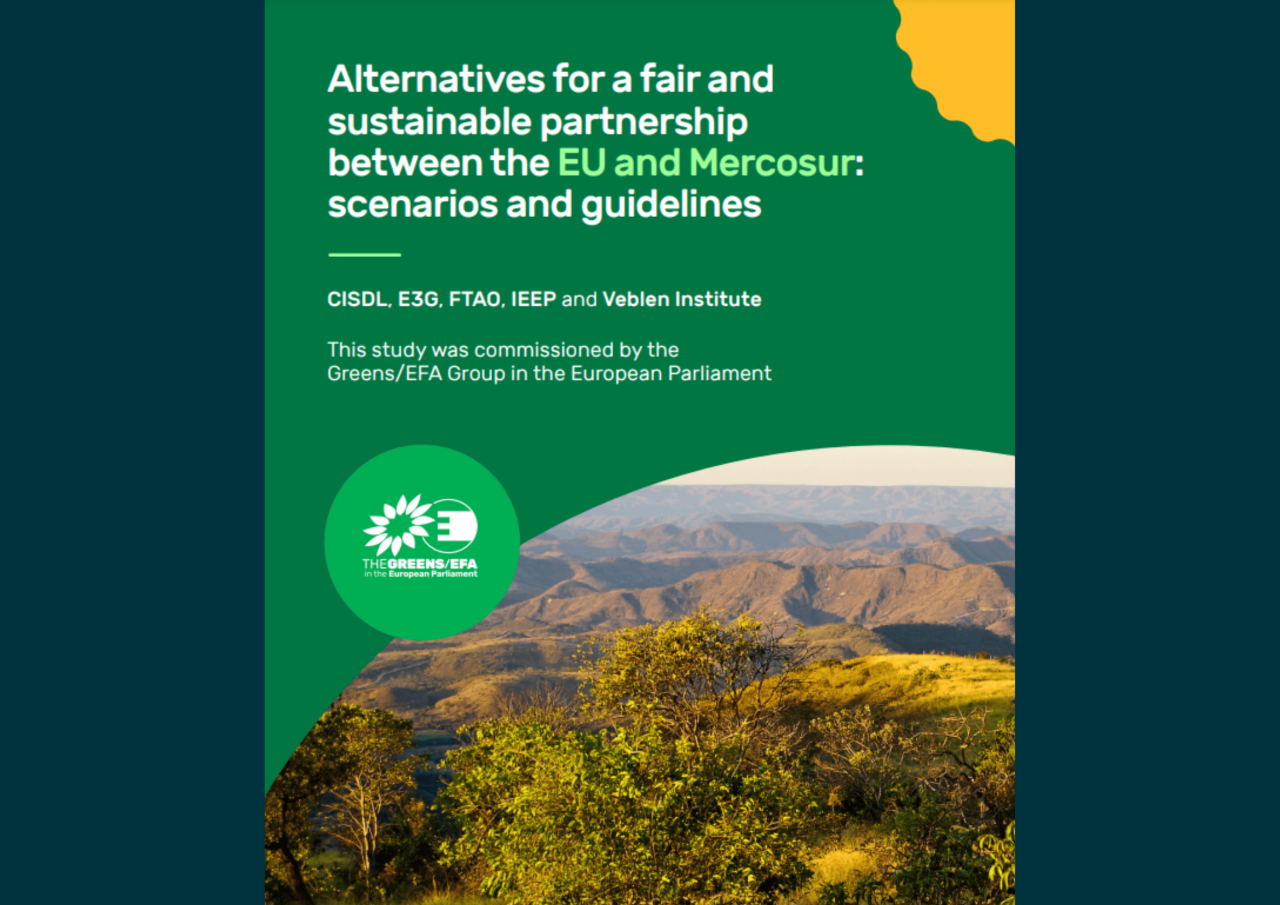Non-paper: Strengthening and Improving the Functioning of EU Trade Domestic Advisory Groups
The EU’s longstanding support for civil society actors by institutionalising their participation in trade agreements is unparalleled. The aim is to provide a broad support base to enable civil society representatives to operate as policy actors. The role of civil society in trade agreements has also evolved significantly. The ‘new generation’ trade agreements provide for a ‘trade and sustainable development chapter’ (TSD) in which to lay down provisions on labour and environmental conditions. Domestic Advisory Groups (DAG) were created as a civil society mechanism for monitoring sustainable development in EU trade agreements.
These DAGs provide civil society with an institutionalised basis to monitor the implementation and enforcement the provisions of TSD chapters. Recently, there has been movement on providing DAGs with a broader scope of competence to monitor agreements, beyond the TSD chapters. This approach is contained in the EU–UK Trade and Cooperation Agreement (TCA).
The European Commission has also prioritised the EU–Mexico and EU–Mercosur Free Trade Agreements (FTAs) to roll out this approach. It has been almost a decade since the first meeting of the first Domestic Advisory Group. Since then, DAGs have been developed, reviewed and evaluated at several instances, identifying significant room for further improvement.
More From The Workstream

From trade wars to trade justice: less, fairer, better

The FTAO expresses its deep concern about the EU-Mercosur partnership agreement and its adverse consequences for people and the planet

No more toxic trade deals between the EU and Latin American countries
